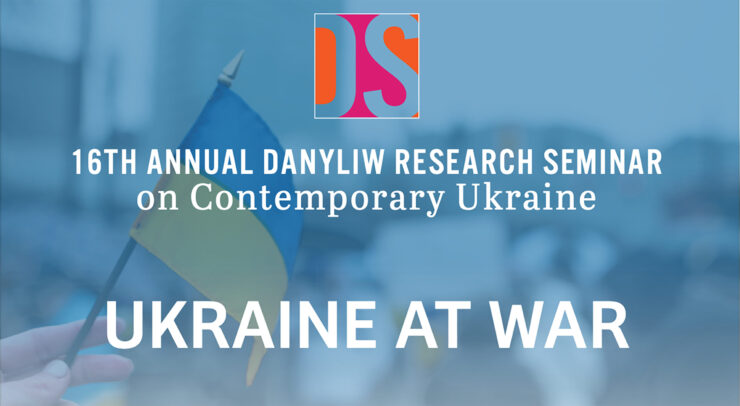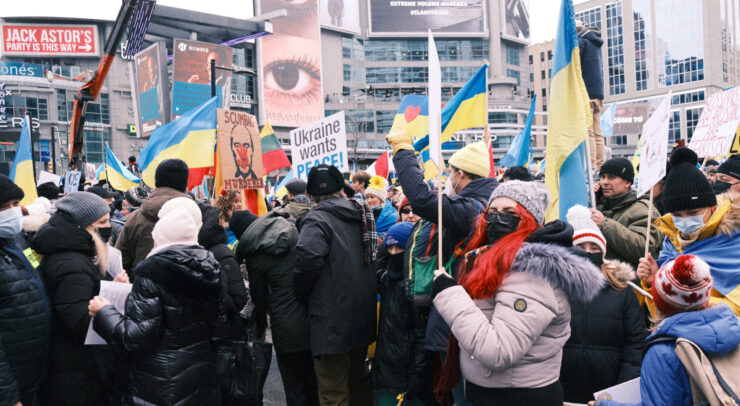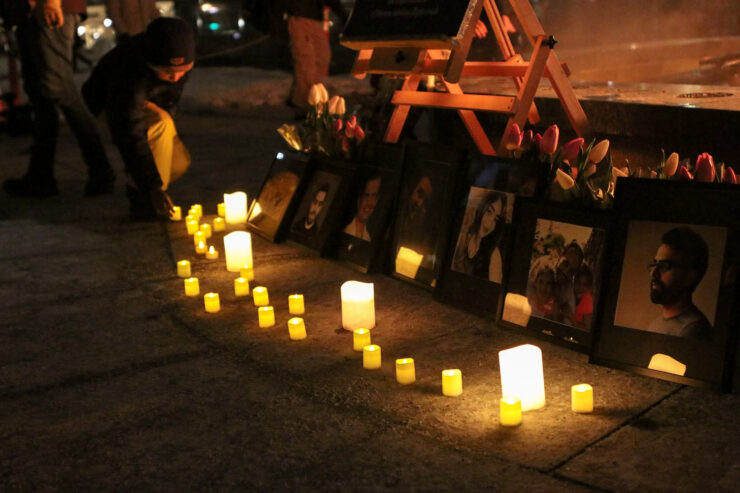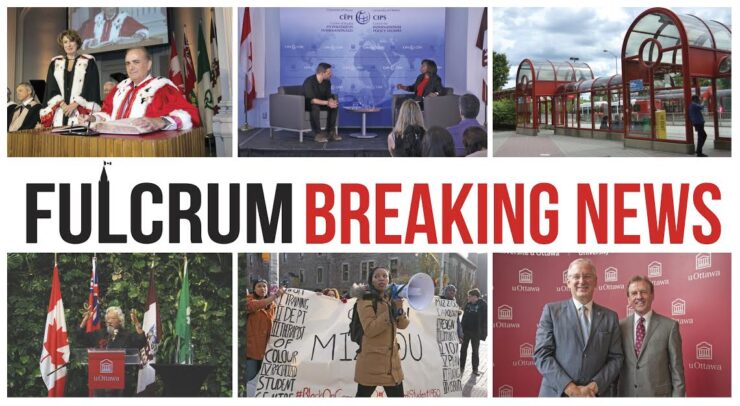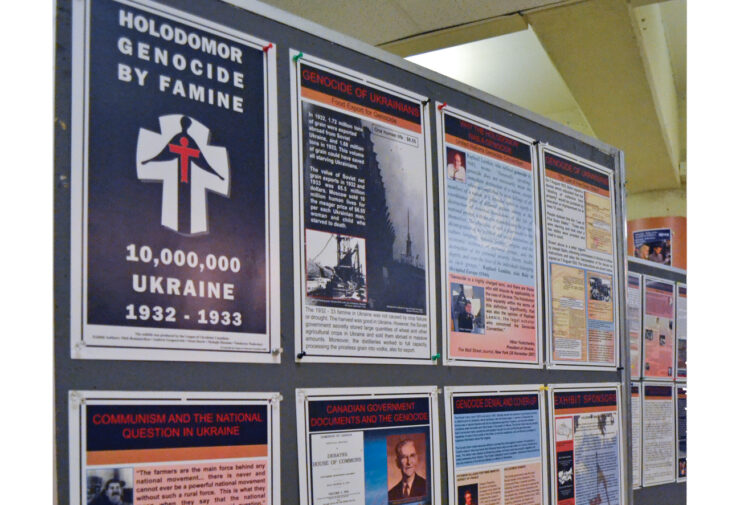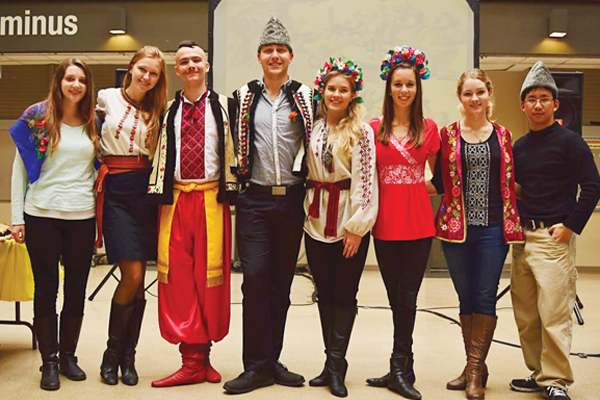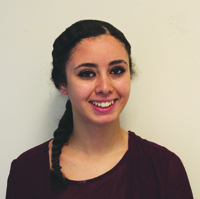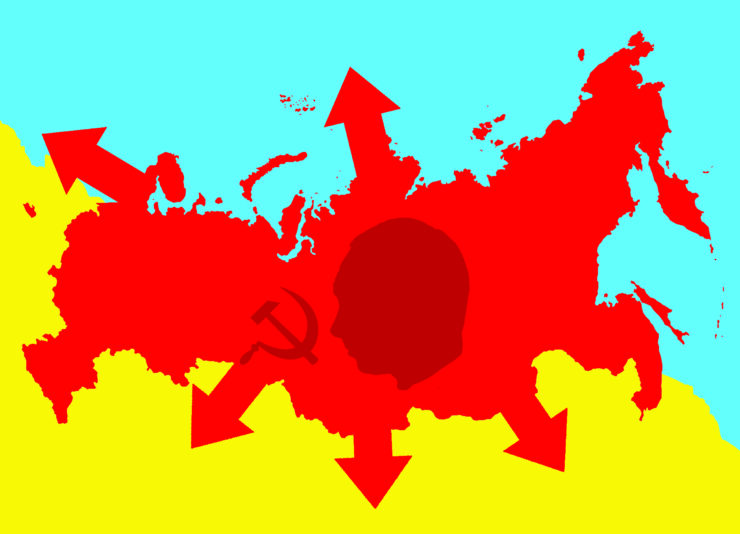Scholars from around the world, met and U of O to discuss the future of Contemporary Ukraine
Ukraine
Following the Russian invasion of Ukraine, the University of Ottawa’s Ukrainian Students Club (USC) has been gathering resources for Ukrainian students while staying in touch with family about the situation.
The nation’s capital mourned the lives of 63 Canadians and several Ottawa residents who were killed in Wednesday’s plane crash by hosting a vigil at Parliament Hill on Thursday. Hundreds attended the event, including Prime Minister Justin Trudeau.
Of the 176 people killed in Wednesday’s crash near Tehran, Iran, three were students at the U of O.
The students in SUSK Ottawa felt that the commemoration was important to remember the millions of victims of the man-made famine, and to spread awareness of it on campus.
The Fulcrum stopped by one of the most talked about parties of the year, the East European Bloc Party.
Proceeds from SUSK’s bake sale went toward helping wounded soldiers in Ukraine by fundraising for medical supplies and donating to the families. The Ukrainian army has had to rely on crowd funding for medical and war fighting supplies.
I don’t mean to be speculative, but drawing attention to racial divides is dangerous, and that is exactly what this sex strike in Crimea symbolizes. While I applaud these women for their efforts to engage in their own political situation, a sex strike may ultimately lead to more hate and violence.
Russia is in the wrong. Not just on this issue, but also in the government’s actions against political opponents and the LGBTQ+ community. Extended Russian power means a world with less freedom of speech and affiliation. How to best respond should be debated endlessly and acted upon relentlessly. Canada has more than a million people of Ukrainian ancestry. Make no mistake this crisis involves us.

